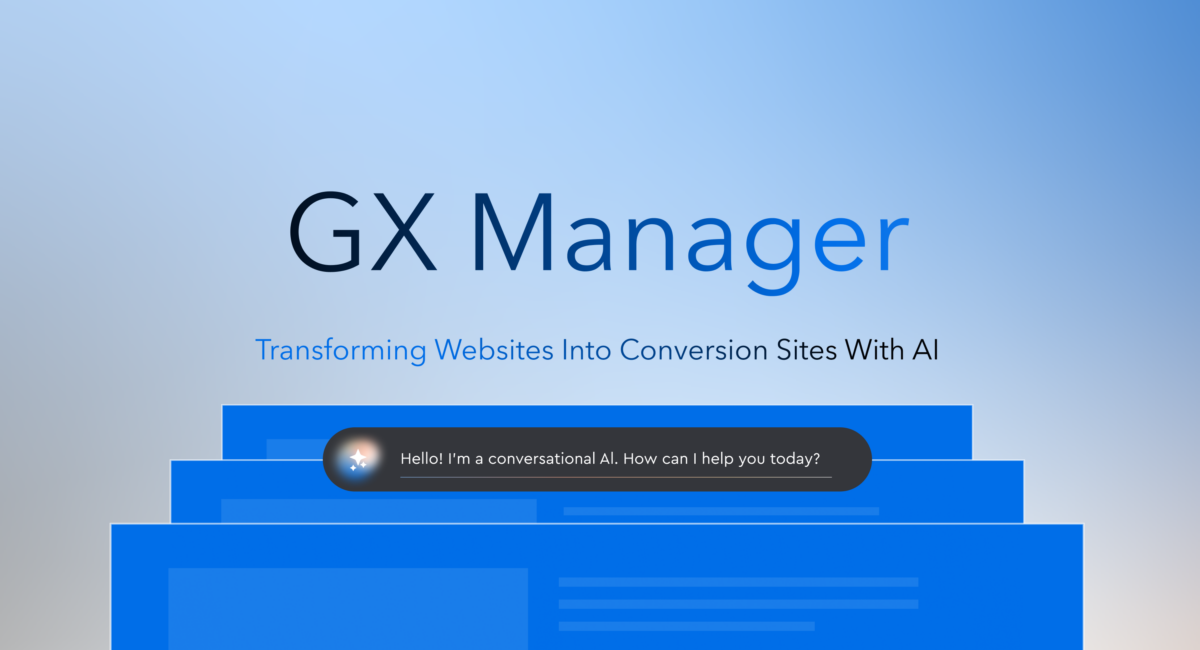The Epic of Gilgamesh is widely considered one of the first stories ever told. Inscribed on 12 clay tablets, the poem dates back to 3000 B.C. and is said to have inspired some of the most influential storytelling known to humans: the Old and New Testaments, the Quran, the Vedas and the Tipitaka, to name a few.
Storytelling is a thread that connects us to one another. Metaphor, fable and folklore have long been facilitators of understanding and empathy. Advertising and marketing thrive on good stories, and we’ve made a living out of them.
Enter 21st-century politicians and their common foe, the corporate billionaire. In a very 2020 move, the House Judiciary Subcommittee on Antitrust, Commercial and Administrative Law hosted a video call to question CEOs Jeff Bezos (Amazon), Sundar Pichai (Google), Mark Zuckerberg (Facebook) and Tim Cook (Apple) in a forum called “Online Platforms and Market Power.”
We’ve seen this group before
Back in May, SJR published The CEO Leaderboard, a qualitative evaluation of the world’s Fortune 100 CEOs that ranks their public perceptions based on how they responded to the coronavirus pandemic.
The CEOs who fared best were transparent, empathetic and action oriented, speaking clearly and calmly to employees and consumers as they took the lead on how to proceed. Many CEOs had a marked increase in positive perception thanks to their crisis communications. Others lost their top spots.
Bezos did not make the top 50; he was at the very bottom of the Leaderboard in the 98th spot. In fact, prior to speaking before Congress, his positive sentiment was 37%. But after his opening statement last week, it jumped to 52%.
That’s some fast delivery. How does the richest man on earth raise his favorability so quickly? He told a story we all recognize. Jeff Bezos was born to a teenage mother who fought the odds to graduate high school and get her degree. He was later raised by her and his Cuban immigrant father, who adopted him at four years old.
“Together with my grandparents, these hardworking, resourceful and loving people made me who I am. … It feels like just yesterday I was driving the packages to the post office myself, dreaming that one day we might afford a forklift.”
CEOs: They’re just like us!
Bezos has a long-held reputation for ambiguity when it comes to market competition, user data, and the pay and working conditions of his employees. And the coronavirus pandemic has only underscored Amazon’s stakeholder-serving weaknesses.
But people love a good story. Bezos came from humble beginnings and turned a garage startup into a multibillion-dollar corporation, something we might call the American dream. Even though he evaded the Committee’s questions on stifling market competition and stayed vague on the topic of seller data, Bezos’s immigrant rags-to-riches narrative made him human, likeable, approachable. And accidentally going on mute during questioning was just too relatable.
The true value of a brand starts at the top, because people care as much about the product they’re buying as they do about whom they’re buying from. To get to know the CEO of a company, and to like what you hear, is a priceless asset for brands.
While Bezos has a long way to go by way of servant leadership, his anecdote was a viable tactic that made the public forget (if for just a moment) why he was testifying in Congress in the first place.





